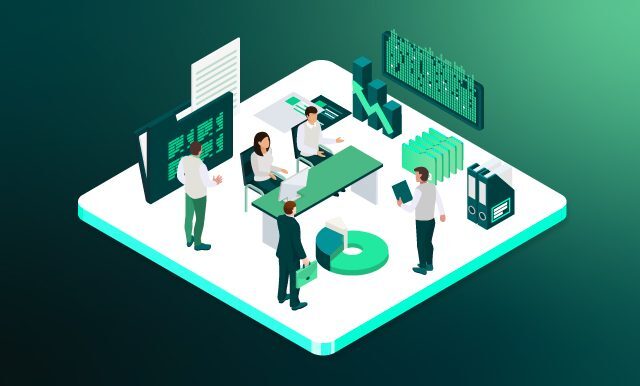Uncovering New Audit Software Market Opportunities
Posted by Shraa MRFR
Filed in Technology 4 views
The landscape of corporate oversight is constantly evolving, creating significant Audit Software Market Opportunities for forward-thinking vendors. A major area of opportunity is the burgeoning field of Environmental, Social, and Governance (ESG) auditing. As investors, regulators, and consumers demand greater transparency on corporate sustainability and ethical practices, companies are now required to report on a wide range of non-financial metrics. This has created a pressing need for specialized software that can collect, manage, verify, and report on ESG data, such as carbon emissions, diversity statistics, and supply chain ethics. Vendors who can develop robust modules or standalone platforms for ESG assurance are poised to capture a substantial share of this new, rapidly growing market segment, moving beyond traditional financial audits.
Another significant opportunity lies in the development of industry-specific audit solutions. While many platforms offer general-purpose functionalities, different sectors have unique compliance requirements and operational risks. For example, the healthcare industry requires specific workflows for HIPAA compliance audits, while the manufacturing sector needs tools for auditing supply chain integrity and quality control processes. There is a substantial opportunity for vendors to create pre-configured, tailored solutions for these niche verticals. By offering out-of-the-box templates, risk control libraries, and regulatory content specific to an industry, vendors can significantly reduce implementation time and provide greater value to their clients, creating strong competitive differentiation and commanding premium pricing for their specialized expertise.
Furthermore, the integration of Robotic Process Automation (RPA) into audit software presents a compelling opportunity to achieve the next level of efficiency. While current software automates many tasks within the audit platform itself, RPA can extend this automation to external systems. For instance, RPA bots can be programmed to automatically log into various enterprise systems (like ERPs or CRMs), extract the necessary evidence documents, perform reconciliations, and upload the results directly into the audit software. This "hyper-automation" can virtually eliminate the manual work of evidence gathering, allowing the audit process to run almost continuously and with minimal human intervention. Offering seamless RPA integration or built-in RPA capabilities can be a powerful differentiator, appealing to large organizations seeking maximum efficiency.
